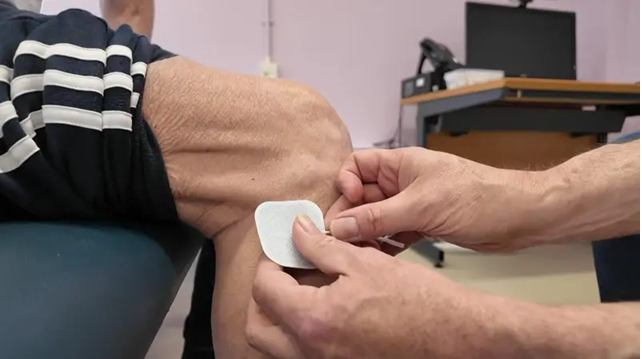Physiotherapy, Exercise Physiology and/or Personal Training are effective for many acute and chronic conditions. However, all need the practitioner and patient to work together for maximum benefits.
Here are five tips to help you get the most out of sessions.
Take an active role
Taking an active role in your treatment is essential. Choose a practitioner who specialises in your specific requirements. Come to your first appointment prepared with any records or notes from your doctor or other healthcare professionals. Along with a list of questions or goals you want to achieve.
Ask questions
Your practitioner is there to help. Part of the process is patient education and being open to answering questions. Some suggested questions may include treatment duration, the number of visits per week or month, and what to expect during sessions and after treatment is over.
Do your homework
Practitioners commonly give exercises for you to do between sessions. These exercises are designed to enhance the work you do during appointments. Performing the home workouts also helps with consistency and repetition to form good habits. It also shows the practitioner you work on your own and how invested you are in your own health.
Speak up during sessions
The physical therapy team is there to help you get better. To be successful, they need you to be open and honest during and between sessions. So, speak up if you feel pain or discomfort while performing a specific exercise. Let them know if something is not working. They can use that information to adjust your exercise routine or change the techniques being used.
Follow their guidance
It’s critical that you listen to the advice and guidance a physical therapist provides. If they tell you to refrain from certain activities, then it’s in your best interest to do so.
If you’re active and eager to return to exercise or a sport, wait until you’re given the green light. Your therapist knows how to best treat your injury and when to clear you for activity.
The bottom line is that your physiotherapist, exercise physiologist or personal trainer all deliver numerous benefits – such as improving mobility and physical function, overall fitness, rehabilitation and prevention of future injuries, and reducing pain, along with accountability, consistency and efficacy.
So once you’re established with a practitioner, make sure to ask questions and provide feedback. It’s also vital to follow the treatment plan, especially your homework between sessions. With open communication and active participation, you will improve your quality of life with an exercise specialist supporting you along your exercise journey.
References:
www.sydney.edu.au/medicine-health/news-and-events/2021/09/16/why-exercise-physiology.html
www.healthstin.com.au/benefits-of-an-exercise-physiologist-to-support-your-mental-health/
https://ahpa.com.au/allied-health-professions/exercise-physiology/
https://www.healthdirect.gov.au/physiotherapy
https://ahpa.com.au/allied-health-professions/physiotherapy/
https://fitness.edu.au/the-fitness-zone/15-benefits-only-a-personal-trainer-can-provide/






